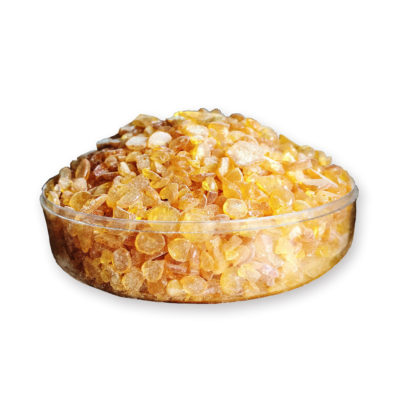Methyl Ethyl Ketoxime (MEKO) is a widely used chemical compound in the paint and ink industry, specifically as an anti-skinning agent. Skinning refers to the formation of a hardened layer or film on the surface of paint when it is exposed to air for a long time. This layer can affect the quality and application of the paint, causing it to be difficult to use, especially if it becomes thick or lumpy. MEKO helps to prevent or slow down this process, improving the overall quality and usability of the paint.
The addition of MEKO to paint formulations offers several key benefits. One of the primary advantages is that it helps maintain the paint’s smooth consistency for a longer period. By preventing skinning, MEKO ensures that the paint remains liquid and easy to apply, even after it has been opened and used several times. This is particularly important for consumers or manufacturers who store leftover paint. Without MEKO, the paint might form a skin, making it hard to stir and use. MEKO keeps the paint in a ready-to-use condition, preventing wastage and saving time during the application process.
Another important benefit of MEKO is its ability to improve the shelf life of the paint. When exposed to air, the paint can begin to dry out or form a tough skin on the surface, which affects its overall performance. With MEKO, the paint remains fresh and usable for a longer period, reducing the need for frequent replacements. This is especially beneficial for paints that are not used immediately after production, such as those stored in cans for long periods before being applied. By using MEKO, manufacturers can ensure that their products stay effective and easy to use when the consumer is ready to apply them.
MEKO also plays a role in improving the paint’s drying process. In some paint formulations, the drying time can be a challenge, especially in products that require quick application or faster drying. MEKO helps regulate the drying process by controlling the evaporation of solvent and reducing the chance of skinning. This makes it easier for the paint to dry evenly and quickly without forming any unwanted surface layers that could affect the finish. A smoother, more uniform drying process leads to better overall paint quality and appearance.
In addition to its primary function as an anti-skinning agent, MEKO also contributes to the overall stability of the paint. It helps to prevent the paint from thickening too quickly, which could otherwise result in an uneven application or difficulty in spreading the paint. With MEKO, the paint remains stable for a longer period, which is important for both manufacturers and consumers. It reduces the need for constant adjustments during application, allowing for a more efficient painting process.
The use of MEKO also enhances the paint’s overall finish. When skinning is prevented, the paint can be applied more evenly and smoothly, leading to a flawless, high-quality surface. Whether it’s a decorative surface, an industrial coating, or a protective layer on metal or wood, the quality of the finish is crucial. MEKO helps ensure that the paint adheres well and maintains its appearance over time.
In conclusion, Methyl Ethyl Ketoxime (MEKO) is an essential anti-skinning agent in the paint and ink industry. It improves paint quality by preventing skinning, extending shelf life, stabilizing the paint, and allowing for a smoother application. The addition of MEKO helps ensure that paint remains fresh, usable, and easy to apply, even after long storage periods. It also plays a significant role in enhancing the drying process, ensuring that the paint dries evenly and quickly, while maintaining a high-quality finish. For manufacturers and consumers alike, MEKO is a valuable ingredient that improves the usability and overall performance of paint products.







Leave a Reply